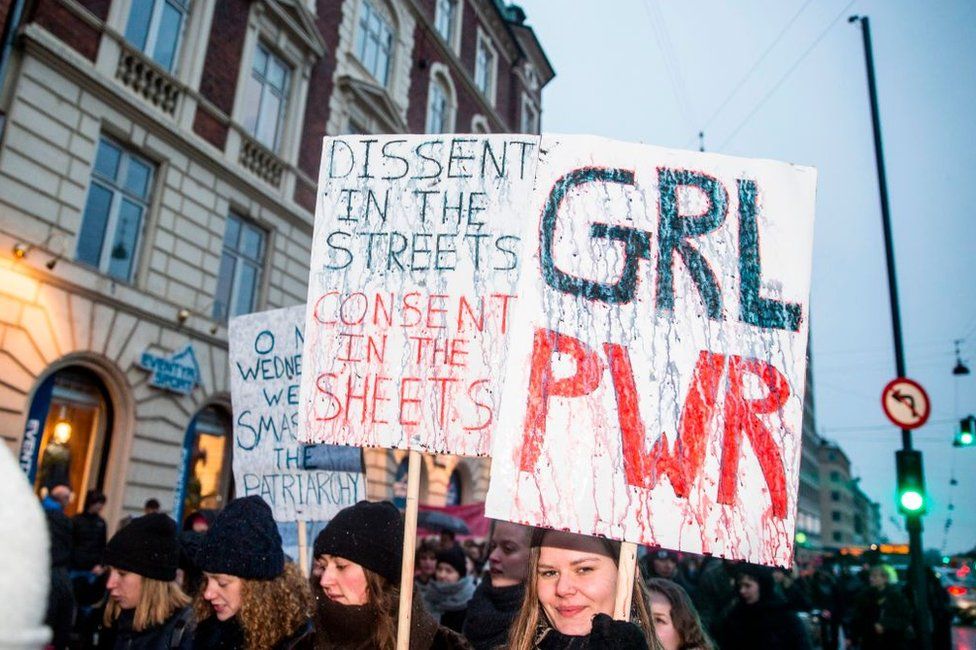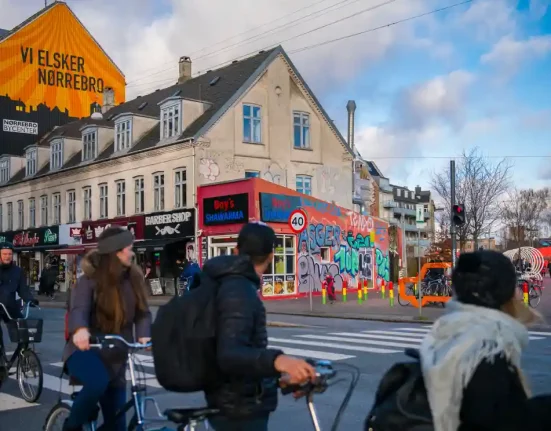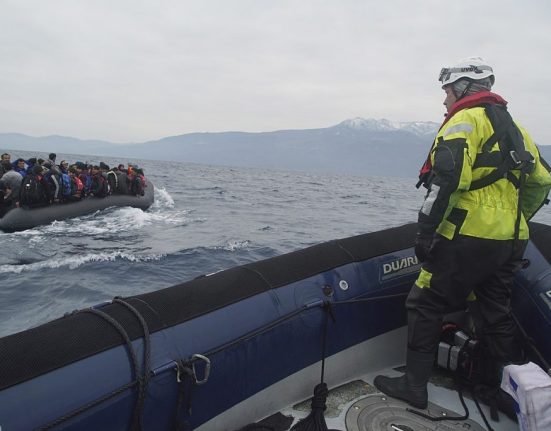Violations against women have grown exponentially during recent years in Denmark. The gap of inequality between the two genders has grown in society on different levels. One of the most pervasive human rights violations in Denmark is violence against women. In the EU, it is estimated that 1 in 3 women have experienced physical or sexual violence since the age of 15. But in Denmark, it is estimated that 52% of women experienced violence, which is 19 % higher than in the EU overall.
According to the European Institute for Gender Equality estimated that the cost of intimate partner violence against women in Denmark could amount to EUR 1.2 billion per year. The report indicated that in 2013, more than 1788 cases of sexual violence, assault and rape were reported to the authorities. Each year, an estimated 33 thousand women suffer from intimate partner violence in Denmark, and more than 9500 young women between the age of 16 and 24 are subject to physical, psychological or sexual violence in relation to teen dating each year. And in Denmark alone, more than 100,000 women said they suffer from stalking by men every year.
In 2014, European Union Agency for Fundamental Rights conducted a survey to gauge the extent of physical and/or sexual violence. The numbers said that 52% experienced different types of violations and abuse. More than 42% know women in their own circles who have been victims of domestic violence.
“Culture of Rape”
Despite its propaganda as a land of gender equality, Denmark’s reality is starkly different. According to an Amnesty International report, “rape culture” is quite prevalent in the country. The report also indicated that the levels of sexual violence impunity are shockingly high. And this rape in Denmark is under-reported. Danish women usually don’t report their cases because chances of prosecution or conviction are very slim. Out of 5100 to 24,000 cases of rape in the country, only 890 women reported to the police. Only 535 resulted in prosecutions and only 94 in convictions.
The process of reporting rape in the country is too slow, prompting many victims to avoid going through the process. Not only that but also victims reported that police don’t usually take their stories seriously and even tend to disbelieve the women’s stories. Police also asked for physical evidence that the victims had resisted rape. The authorities focus tend to be on the fact that women resist rape rather than the basis of consent lack.








